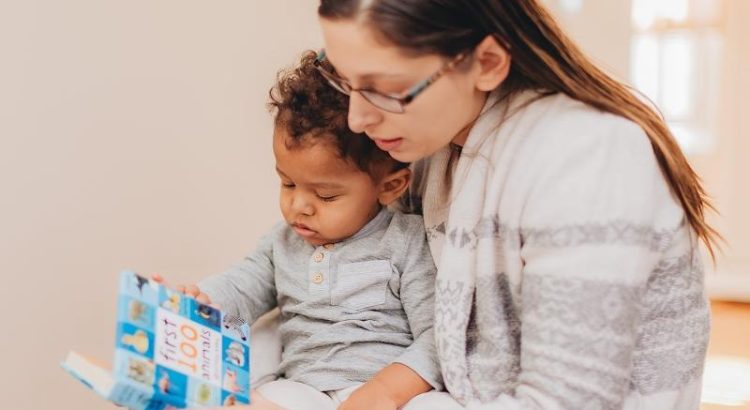Infant care is often the first formal environment where children begin their developmental journey. However, for parents planning to enrol their children in international schools later on, the question arises—does infant care in Singapore offer a foundational experience that aligns with the pedagogical standards of an international school? The answer is not always straightforward. Differences in approach, curriculum design, and developmental focus vary widely across centres and schools.
Discover how the two systems intersect—or don’t—when it comes to early childhood education.
Curriculum Objectives: Holistic vs Academic Foundations
Infant care is typically regulated by the Early Childhood Development Agency (ECDA) and is intended for children from two months to 18 months of age. The focus is primarily on physical care, routine-building, sensory exploration, and secure attachment. While some centres begin introducing visual, auditory, and tactile stimulation, the emphasis is on developmentally appropriate caregiving rather than academic learning.
In contrast, international schools, especially those offering the International Baccalaureate (IB) Primary Years Programme (PYP), British EYFS, or American preschool frameworks, emphasise inquiry-based learning and socio-emotional readiness from the age of two or three onwards. The structured nature of these programmes introduces numeracy, literacy, language immersion, and cognitive skills much earlier than typical infant care settings. Therefore, while both systems value holistic development, international schools often introduce curriculum-aligned objectives earlier than most infant care centres.
Language Exposure and Bilingual Development
Language is one area where a disconnect is often observed. Many international schools offer bilingual or dual-language streams, particularly English and Mandarin, as early as nursery or kindergarten. However, most infant care providers prioritise English communication with basic exposure to other languages only if staff or centre policies allow it.
Expats and local families planning to enrol children in Mandarin-intensive international tracks may find their children underprepared if their infant care experience involved little to no structured second-language exposure. Parents should therefore consider language-enriched infant care centres, especially those that incorporate music, storytelling, or cultural immersion in both English and Mandarin.
Cognitive and Social Readiness for International School Admissions
Admission into an international school in Singapore typically involves some form of assessment from the age of four or five, depending on the school. These assessments focus on communication skills, attention span, group interaction, and early literacy or numeracy exposure. Most infant care centres, however, do not explicitly prepare children for such requirements.
Centres with Montessori or Reggio Emilia philosophies may offer better transitions, as they encourage independence, exploration, and verbal engagement—all valued traits in international school environments. But mainstream infant care, especially that focused on hygiene, feeding, and daily routines, may fall short in cultivating the type of learner profile these schools expect.
Gaps in Continuity and Parental Awareness
Another challenge is the lack of continuity between infant care providers and international schools. Most infant care centres operate independently of preschool or kindergarten pipelines, making the transition from care to formal education abrupt. This instance creates a planning gap for parents who assume that infant care will organically prepare children for international schools.
Some parents are shifting to “infant-to-kindergarten” centres that offer continuity up to six years old with an international or bilingual curriculum to address this issue.
Conclusion
In summary, while infant care in Singapore supports general developmental needs, it does not automatically align with the academic or linguistic expectations of international schools. Parents targeting admission into an international school must proactively assess the curriculum, teaching philosophy, and language offerings of their chosen infant care provider. The alignment exists, but only in selected centres that intentionally integrate early childhood education with internationally recognised pedagogical frameworks.
Contact EtonHouse and discover how we align early care with long-term educational success.





